Sessions / Zoom 8

Present Like a Pro #847
No matter where people work, there is a good chance they will be asked to give a presentation at some point. For academics/teachers, they are expected to present their research at conferences and while most are very knowledgeable in their subject areas, many have had little formal training in modern presentations. Therefore, many academics present in a way that is counterproductive to the aim of presentations, i.e. the accurate and efficient transmission of concepts, ideas, and information in a way that enables the audience to retain the content of the presentation afterwards. This session aims to address this issue by looking at the five pillars of presentations-Advance Planning, Appropriate Content, Advantageous Structure, Amazing Design, and then finish with Awesome Delivery - these are what I call the 5A's of professional presenting. After this session, attendees should see a major difference in how audiences react to their presentations.
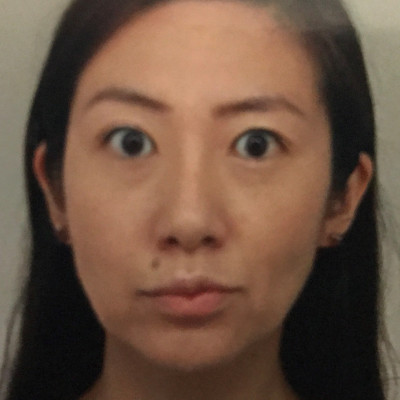
Task Interpretations and Completions #850
TBLT (Long, 2015) proposes the learning of tasks as learner-centeredness. The focus is on mental grammar as acquired language. This method would advance the ability of language production in speaking and writing (e.g. Byrnes and Manchon, 2014), however TBLT literature also indicates that learners can have difficulty in interpreting and completing tasks due to individual differences in character or personality. This workshop introduces the idea that the methodology of a task requires task repetition, testing, and instruction as post-tasks for acquiring form and meaning. If language production is reliant on a learner’s long-term memory, then, for the automatization of the target language, it may be effective to focus on form when completing a task. This research is not focused on output feedback although it may be referred to at times during the session.

Speaking Tasks in the EFL Classroom #852
Due largely to the fact that they do not live in an English-dominant environment, it is critical that EFL students practice language production in their classrooms. The EFL classroom may be the only context in which they produce the language, and production is necessary for individual success in a second language. At the same time, EFL students may be uncomfortable speaking for a variety of reasons. This workshop will discuss how to teach speaking in an EFL classroom. Teachers will practice tasks aimed at teaching individual speaking skills for presentations and interactive assignments. Teachers will have the time to create lessons based on these strategies that they can use in their individual classrooms. Assessment of speaking tasks will also be discussed.
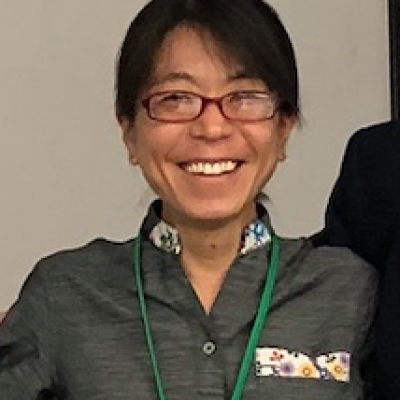
Cultural Translation as an EFL Teaching Tool #710
To illustrate what roles cultural translation can play in EFL teaching, this presentation will demonstrate a model of activity named “Translate the Untranslatable.” The grammar-translation method has been argued as defective in the current paradigm of language teaching. I argue that the cultural-translation method 1) motivates L2 learners to explore meaning-making through knowledge of target language and their own culture, and 2) enables students to develop their skills in literary interpretation, analysis, and understanding.
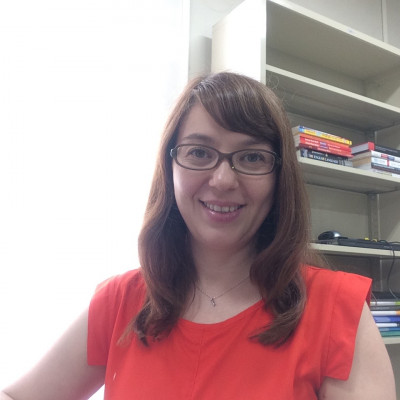
(Un)awareness in Intercultural Communication #379
Developing intercultural competence requires not only the right set of attitudes but also a certain set of abilities, and most agree that one component is self- and/or cultural- awareness. However, few discuss the importance of recognizing the intercultural unawareness that hinders communication in intercultural settings. The presenter will argue the importance of raising intercultural awareness, as in allowing students to realize their (un)awareness of certain aspects both in their culture and other cultures.
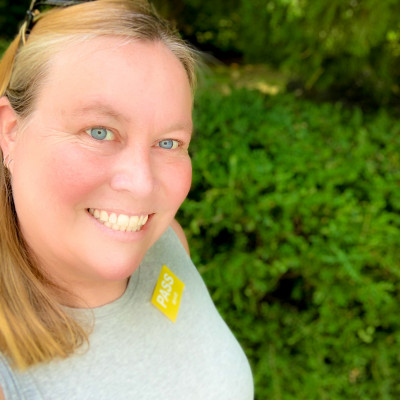
How Disney Can Teach About Compare and Contrast #434
We all love Disney, but have you ever thought of using Disney to help students understand and write compare and contrast essays? When we open our students’ creative minds, they tend to be more engaged in the class. I will explain how I use Disney Movies and their original writings to get the students to understand comparing and contrasting, and to get the students to think creatively about them.
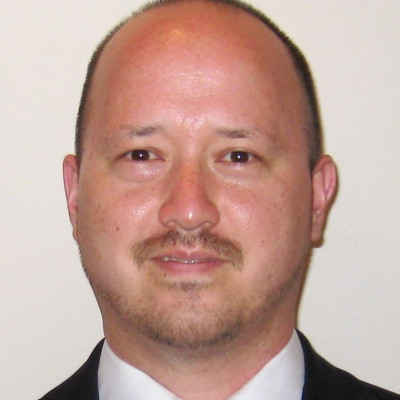
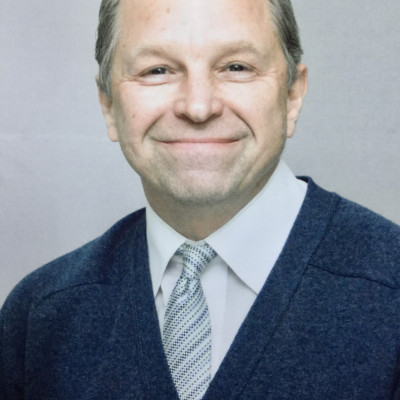
Raising Learner Awareness of Mindset and Grit #739
In recent years, researchers have argued that the growth mindset, deliberate practice, and grit have more explanatory power about achievement and mastery than do innate talent and intelligence. This presentation will report on techniques the presenters employed to raise metacognitive awareness in students including feedback strategies and self-reflection activities used to foster a growth mindset and grit.
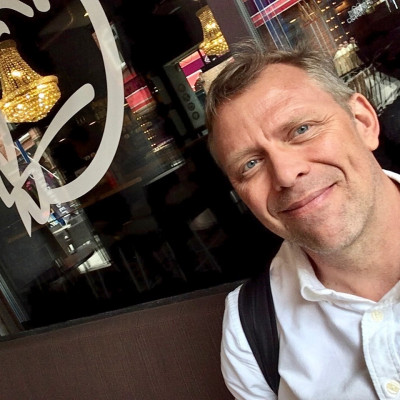
Peer Roles in Sharing Analyses of Learner’s Own L2 #535
Following an approach informed by sociocultural theory (SCT) and conversation analysis (CA), this paper explores peer roles in analytical sharing sessions of excerpts of learners’ own L2 production, which focus on (1) vocal, (2) nonvocal, and (3) material modes, and (4) the three combined (multimodality). The longitudinal data show that the diverse roles vary greatly as does their impact on displays of learner’s analytical skills in the three modes and the development of classroom community.

English-Only Camp: Quasi-Immersion Program #758
Instead of studying abroad some students stay in Japan, participating in quasi-immersion programs, such as English-only camps. The students and teachers get out of their classroom and participate in various activities, experiencing life in English in various situations. Are English-only camps effective? This presentation provides findings from the questionnaire and the analysis of participants’ writings, followed by a discussion of the efficiency of this type of program.

Literature as a Pedagogical Resource #674
Opinions have long been divided among language professionals as to the merits of literature as a pedagogical resource in a second language classroom. However, an agreement is found in their acknowledgement that research into this area is scarce. This presentation will report on a study that addressed this lack of data. It will summarize the results of research carried out to evaluate the use of a literary piece in a Japanese private high school.
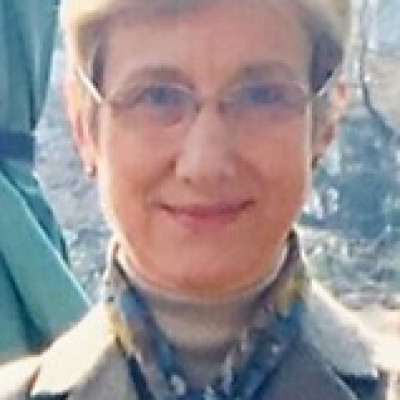
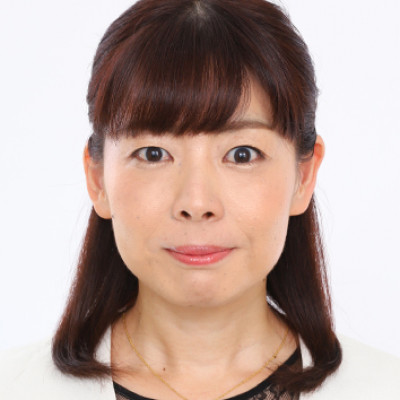
Fostering Learner Agency Through Career Building #478
This session outlines a three-year collaboration by the presenters to facilitate a broader community of practice among teachers, learners and career development professionals for the purpose of raising university students’ awareness of and participation in career development opportunities such as guidance and training seminars, corporate networking and internship opportunities, industry research seminars, OB/OG networking, job interview training, and on-campus company seminars. The workshop features class activities related to career building and includes students’ feedback.
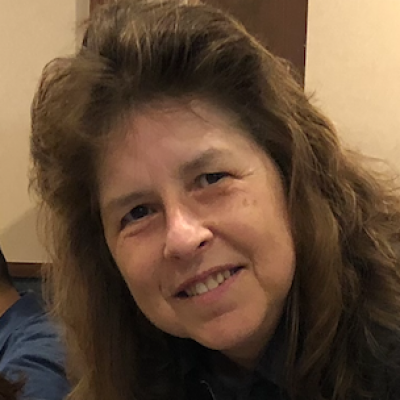
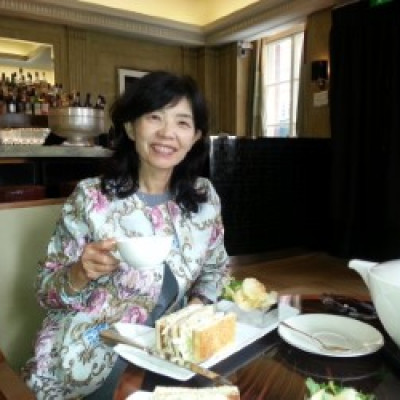
Autonomy, Efficacy, Language Preference, and WTC #720
EFL learners must use their second language (L2) to learn well, but this is challenging. Research was conducted to explore unknown relationships between learner autonomy, self-efficacy, and student preferences for instructional language on their willingness to communicate (WTC). Participants (n=100) from first- and second-year EFL university classes in Western Japan completed questionnaires at the beginning, middle, and end of two 15-week terms. Presenters discuss significant correlations between all four variables.

Community Building in the First-Year Classroom #725
This action research study examines the ways in which the presenter implemented reflection and metacognitive strategies (Agarwal & Bain, 2019), fostered cooperation between students (Jacobs et al., 2002), and taught relaxation techniques to first-year students in a year-long academic writing and test preparation course. “Study Buddy” teams and “The Boot Camp” study planners used during the summer break kept the students motivated and accountable. Test scores and student feedback indicate the success of the approach.
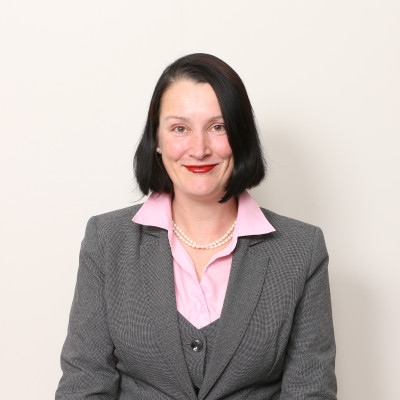

Building Community by Blending Drama and CALL #703
This presentation traces how students gained interpersonal skills and intercultural communicative competencies (ICC) through drama-based pedagogy and participation in the International Virtual Exchange (IVE) project. Through process drama activities that culminated with writing-in-role, non-English major computer science students were provided a foundation for participation in the IVE project, thereby building community across the world.
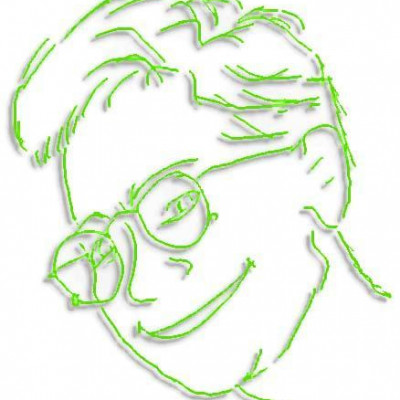
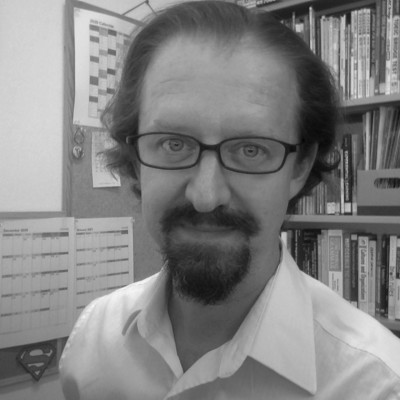
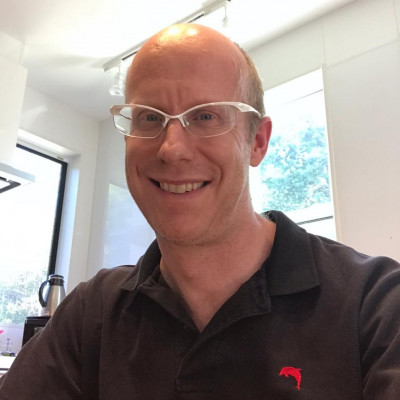
Pattern Building: Implementing Fluency Activities #375
This workshop will introduce a teaching method informed by skills acquisition theory designed to help students develop speaking fluency in a series of scaffolded steps that lead them from simple question/answer drills to the goal of being able to engage in an unrehearsed conversation for several minutes. The length of the conversation and level of abstraction of topics is relative to students’ initial level.
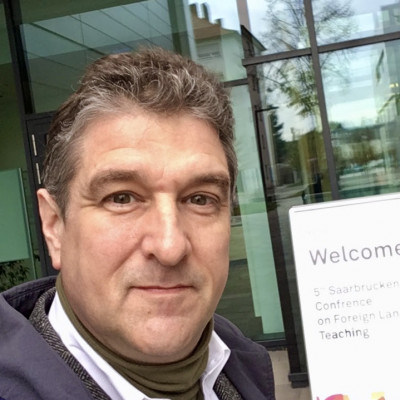
Working Hard, Teaching Smart: A Holistic Approach #393
Promotional Visit the National Geographic Learning | Cengage Learning pageWe all work hard to teach, but are we teaching smart? Teaching smart helps students take greater care and control of their learning, online or face-to-face. We’ll discuss some reasons how and why we should teach smart from creating intentional spaces to utilizing technology better. Using examples from National Geographic Learning’s digital support materials, we’ll look at a range of intentional spaces where learners can holistically acquire better communication skills for fluency and confidence.
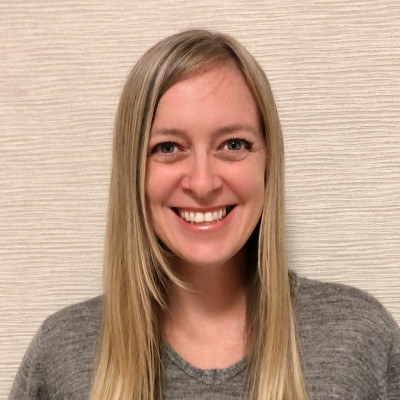

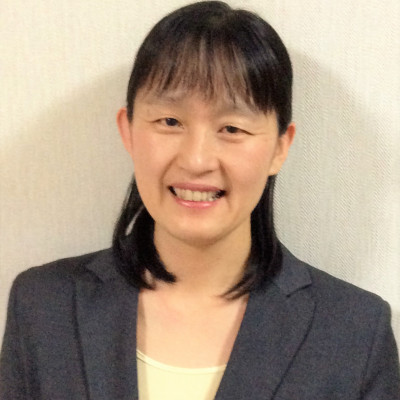

Teachers as Self-Directed Learning Guides #820
This forum features several short presentations on self-directed learning. The presenters will cover a range of topics related to their teaching practices, including their use of language learner histories; learner journals; online and face-to-face interactive tasks; negotiated goal contracts; and reflective tasks. They will also introduce measures they employ to facilitate open dialogue and create a professional teaching community. Finally, participants will be invited to share how they address learner autonomy in different contexts.
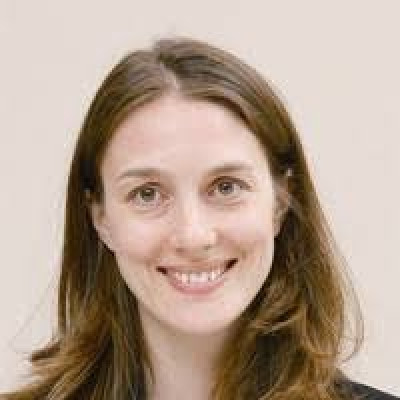
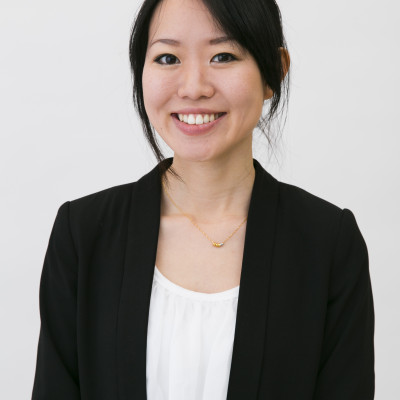
Inclusive Learning Communities Theory and Practice #465
The first presenter will discuss a variety of learning theories including behavioralism, cognitivism, and constructivism, and a number of language learning strategies such as cognitive and meta-cognitive awareness-raising, that form the basis of inclusive education. The second presenter will introduce some concrete examples of how learners with different learning needs can individualize their study of English through the use of these theories and strategies as well as additional, personalized resources.

Transitioning From High School to University #563
This presentation explores the results of a survey of 77 university students and 21 high school teachers about their high school and university experiences. Results show that even though curriculum implementation has promoted communicative and group focused tasks, the amount of opportunities to speak in the classroom are still lacking, which has an impact on student motivation and willingness to communicate in the university classroom. Hints about improving communicative output in the classroom are provided.
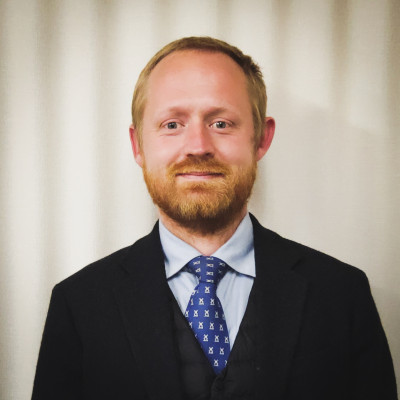
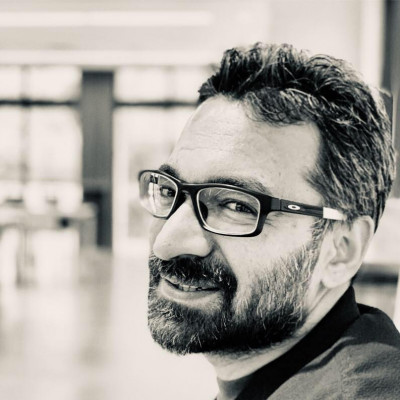
Student Poster Sessions to Promote Learner Agency #458
Is it possible to create an in-class community of learners to promote presentation skills, research methods, self-confidence, motivation, and creativity with a single project? We have spent three years doing just that with our student poster sessions. The students conduct research projects of their own design and share them in poster expos. This workshop will share the complete project design, some of the posters, and a selection of qualitative feedback from the students themselves.